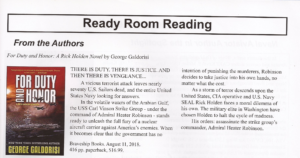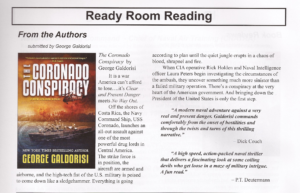Tightrope

Every so often, a book comes along that makes you think. And when one makes you think about the country you live in, it gets my attention.
That is why I was drawn to a review of a new book, “Tightrope, Americans Reaching for Hope,”
by Nicholas D. Kristof and Sheryl WuDunn.
The review alone took me to places In America I have never been and knew nothing about. Here is how it begins:
As the United States awakens from one of its foundational myths — that we are a democracy without castes — the official record of our times is being written largely by people born to socioeconomic advantage. This irony, in which those on the fortunate end of historic wealth inequality attempt to chronicle a populist movement produced by that inequality, often results in dubious journalism.
Even well-intentioned urban, coastal, college-educated scribes commit obliviously condescending word choices (“flyover country”), illogical assumptions (everyone in red states voted for Trump) and variations on poverty porn, in which subjects are conveyed as helpless and joyless (“observe this sorry case in Appalachia”). To those who know something about, say, rural poverty firsthand, earnest nonfiction narratives understandably may read as voyeuristic studies predicated on the dangerous idea that we are a nation of two essentially different kinds of people.
In fact, we are a nation of essentially similar people shaped by vastly different circumstances of place, wealth, education and culture. Those best able to document our socioeconomic divide with humility and accuracy typically have occupied more than one class, remain connected to the one they left and attribute any upward mobility to good fortune rather than to personal exceptionalism.
One such journalist is the New York Times columnist Nicholas Kristof, who grew up tending sheep on a small family farm in rural Oregon in the 1960s and ’70s. In “Tightrope: Americans Reaching for Hope,” he and the journalist Sheryl WuDunn, who is also his wife, offer a litany of stories from across the country, revealing the structural causes of countless so-called personal failures among the working poor. Most of these stories come from Kristof’s hometown of Yamhill, population 1,105.












